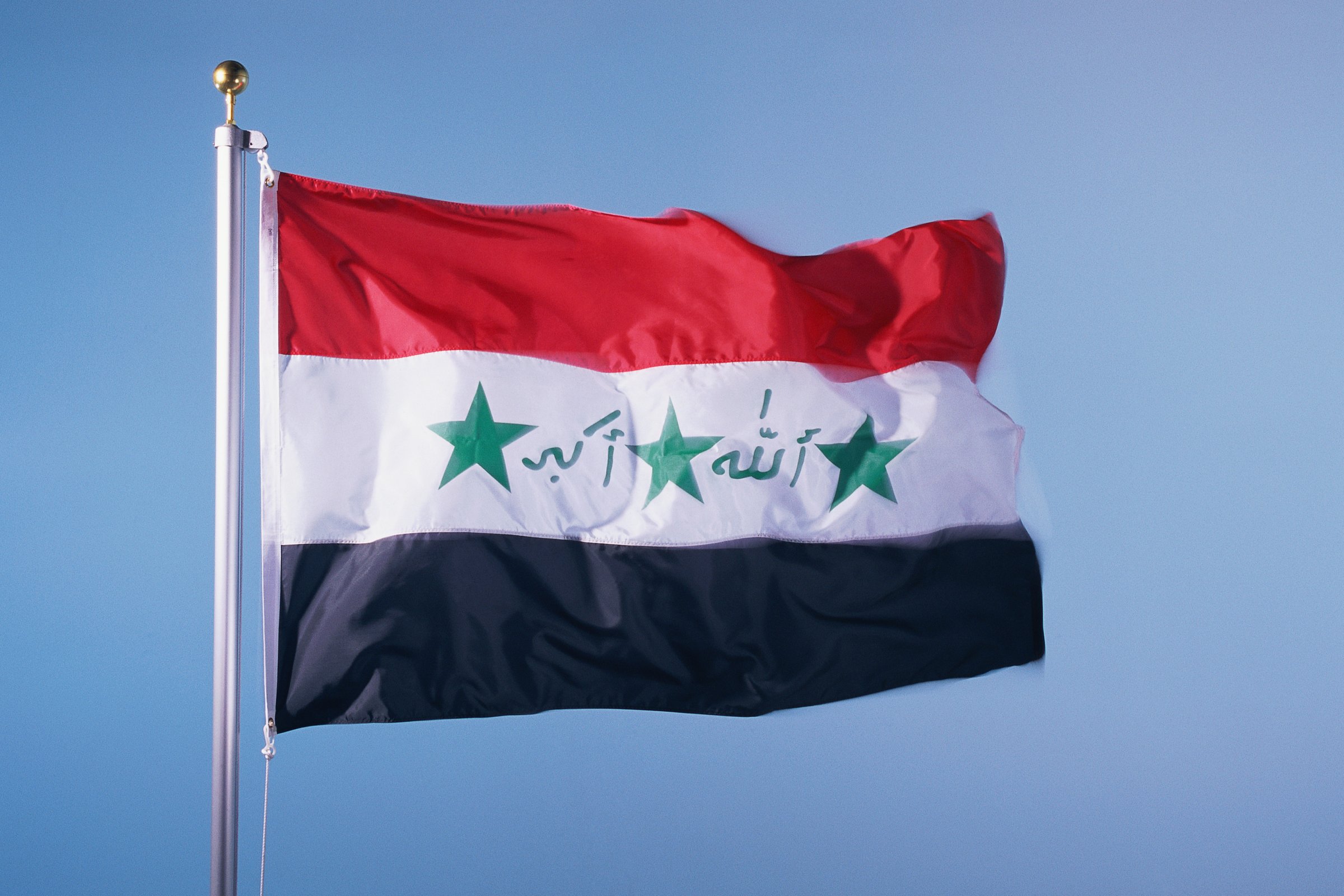
Despite oil prices at their lowest levels in five years, Iraq is producing at record levels.
For the month of December, Iraq produced nearly 4 million barrels per day, according to Oil Minister Adel Abdul Mahdi, an all-time high for the war-torn country. That is critical for a government that depends on oil for more than 90 percent of its revenues. Rather than paring back production levels to stop a price slide, Iraq is doing what all rational actors are aiming to do (if they can): produce more oil to make up for lost revenues from rock bottom prices.
“Because of the new challenges, especially the price of oil, Iraq has to try its best to raise it oil production and exports,” Deputy Prime Minister Rowsch Nuri Shaways said in Davos, Switzerland on Jan. 21.
OPEC has continuously vowed to let the market sort itself out rather than try to fix falling prices, which has the oil cartel staring down high-cost production in North America. In its latest monthly report, OPEC reported an uptick in production – the 12-member group produced an average of 30.2 million barrels per day (bpd) in December, about 142,000 bpd more than the previous month. The increase came almost entirely from Iraq, which does not operate under the OPEC quota. Iraq managed to boost monthly output by 285,000 bpd, more than offsetting a decline of 184,000 bpd in Libya.
And more is on the way. Iraq plans on doubling oil exports from its fields in the north near Kirkuk. Currently, the Kirkuk fields export just 150,000 bpd, but pending pipeline upgrades will allow that figure to rise to 300,000 bpd “in the coming few weeks,” according to an official with Kirkuk’s oil and gas committee.
With production set to climb further, U.S. shale producers will be under even greater pressure. There is a lot of talk about breakeven prices for OPEC members and the stress they are under, but early evidence suggests they have an edge. OPEC production is inching upwards and U.S. shale producers are in the midst of slashing spending. That could allow the oil cartel to shore up its market share.
Iraq is defying the odds – it managed to overcome an ISIS insurgency and political factionalism to strengthen its oil sector in an otherwise disastrous year in 2014. As recently as July, Iraq was on the verge of disintegrating, with ISIS militants overrunning the country and forcing the dissolution of much of the Iraqi military. The Kurdish Regional Government (KRG) was poised to make a bid for independence as it seized disputed territory abdicated by Iraqi security forces.
Will Plunging Oil Prices Crash The Stock Market?
When oil crashed in 2008 all hell was breaking loose. Lehman Brothers went up in smoke and stocks were in a nosedive. Oil has once again crashed -50% in only 6 months but equities haven’t followed – at least not yet! Will stocks hold up going forward? You might find it hard to believe just how much wealth could have been created last time this happened. If we learn from the past, this could be a second chance to make an absolute fortune.
However, the country has been brought back from the abyss. ISIS has seen its lightning advance stall and the group has been beaten back by Kurdish fighters and U.S. airstrikes.
More importantly was the oil deal forged between the KRG and the Iraqi central government in December, a political breakthrough that paved the way for further oil exports. Under the terms of the deal, Kurdistan will export 250,000 bpd and Kirkuk will export 300,000 bpd. It marked a huge win for the KRG, which will be allowed to export oil, access its 17 percent share of national revenues, and maintain its implicit control over Kirkuk.
But the oil will flow under the auspices of the Iraqi State Organization for Marketing Oil (SOMO), a key demand from Baghdad. This will keep the KRG in the fold, ending an independence campaign for now. The deal allows a unified, although fragile and temporary, approach to exporting oil.
“This agreement represents a victory for all Iraqis,” Masoud Haidar, a Kurdish member of the parliament, said after the historic deal was made. “There are no losers in this agreement. All are winners.”
The first monthly data released since the deal was made more or less confirms that sentiment. Despite the horrific violence that descended upon Iraq in 2014, it succeeded in boosting output to record levels, and there is no reason to believe production increases will stop anytime soon.
This article originally appeared on OilPrice.com.
Read more from Oilprice.com:
More Must-Reads from TIME
- Donald Trump Is TIME's 2024 Person of the Year
- Why We Chose Trump as Person of the Year
- Is Intermittent Fasting Good or Bad for You?
- The 100 Must-Read Books of 2024
- The 20 Best Christmas TV Episodes
- Column: If Optimism Feels Ridiculous Now, Try Hope
- The Future of Climate Action Is Trade Policy
- Merle Bombardieri Is Helping People Make the Baby Decision
Contact us at letters@time.com